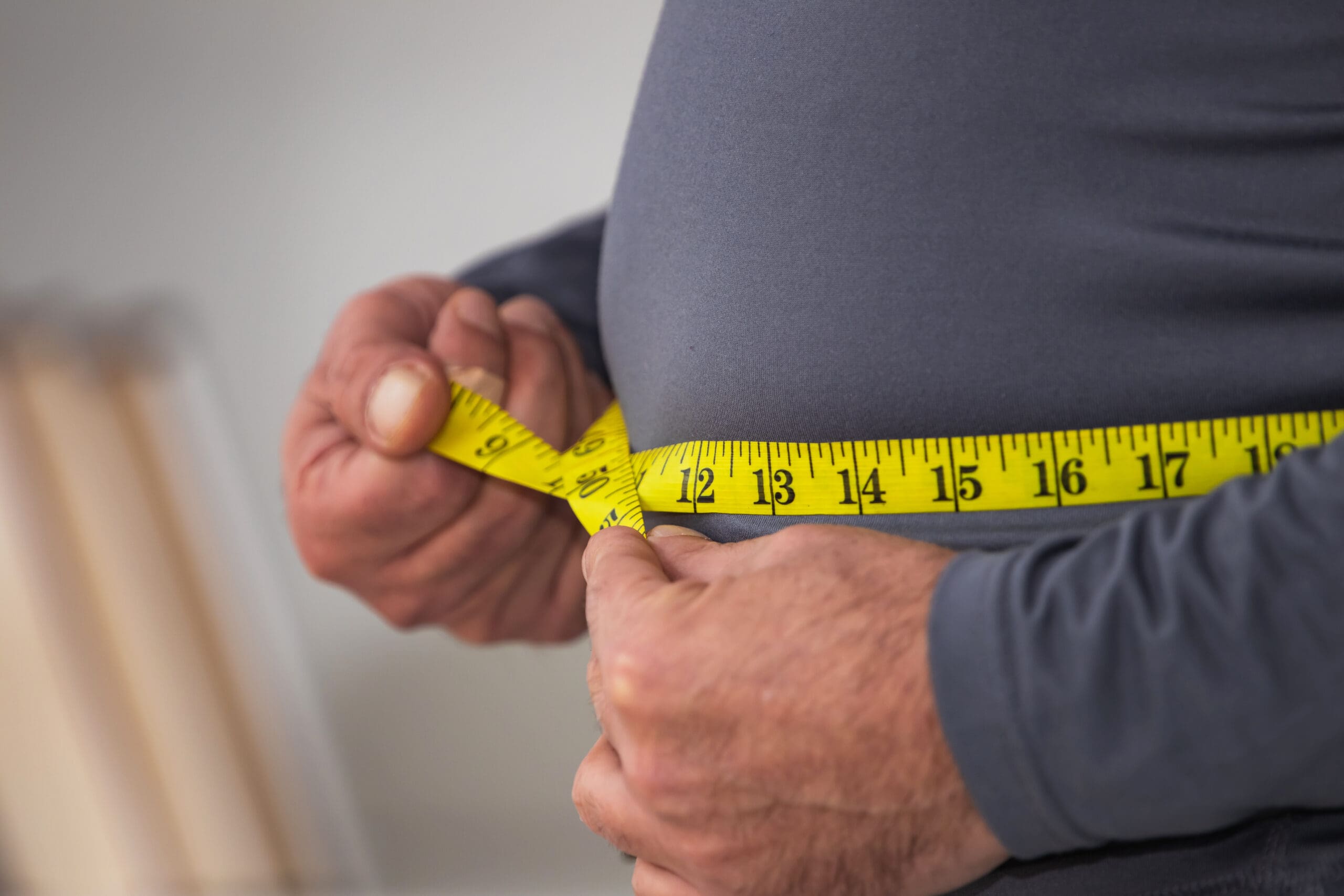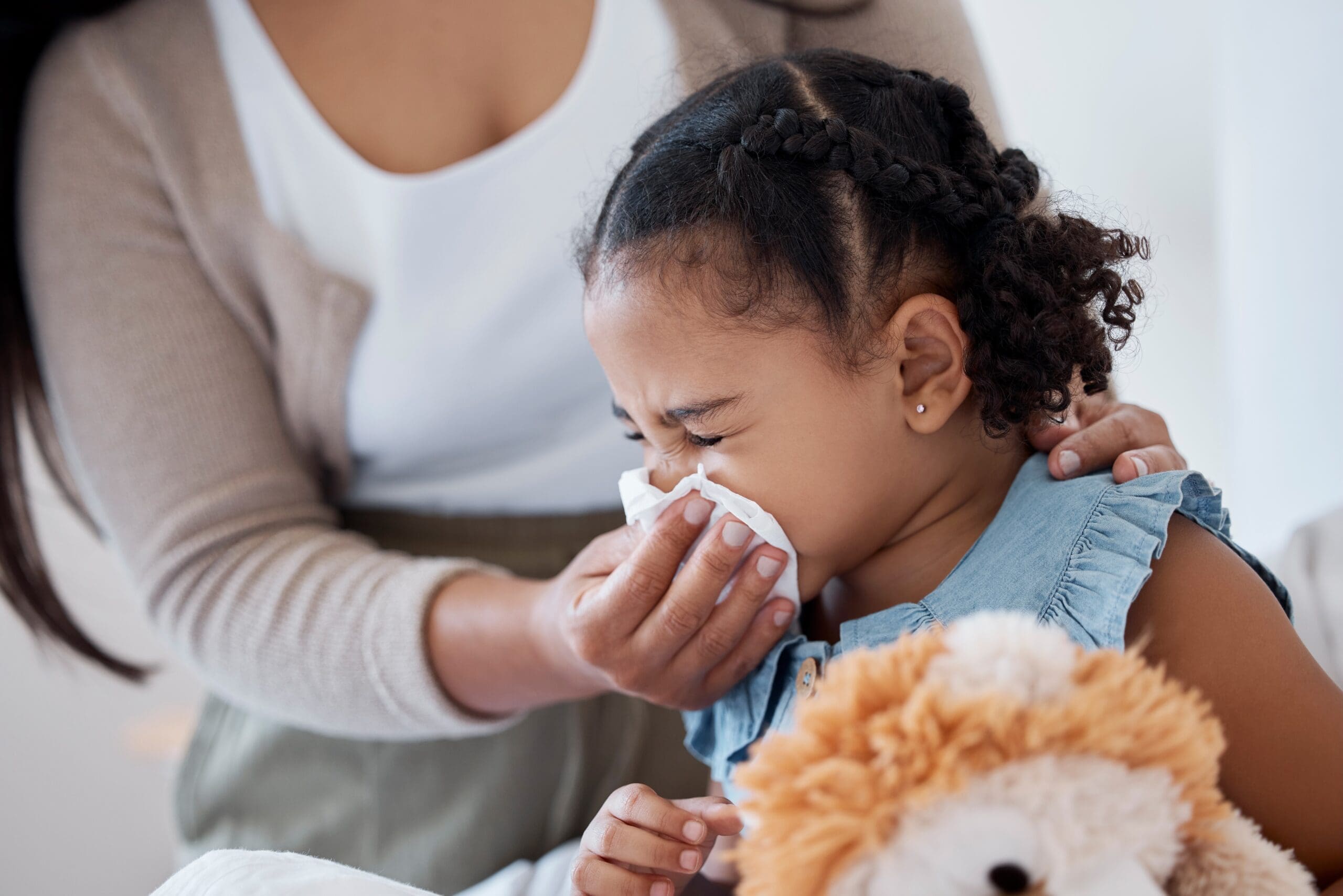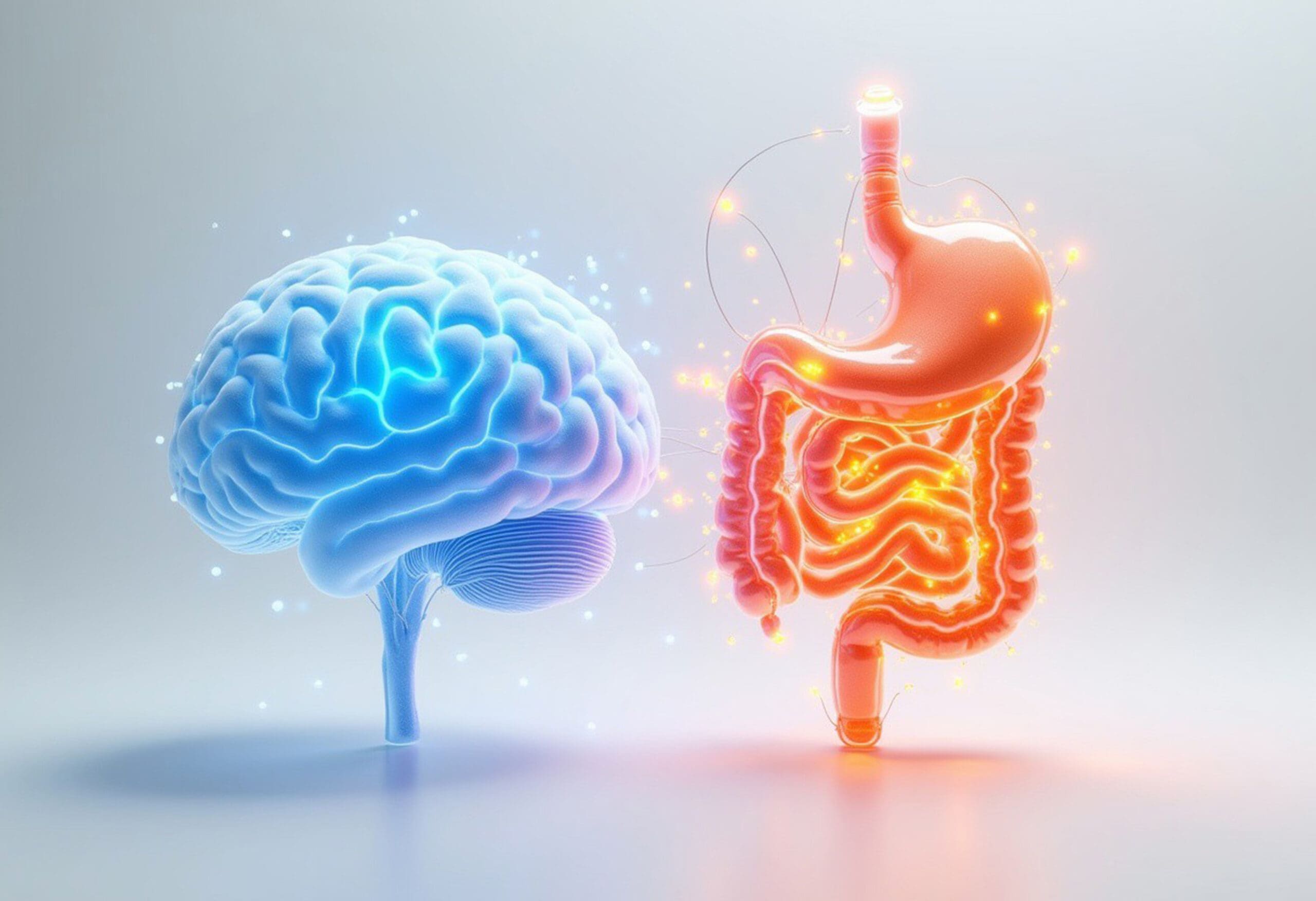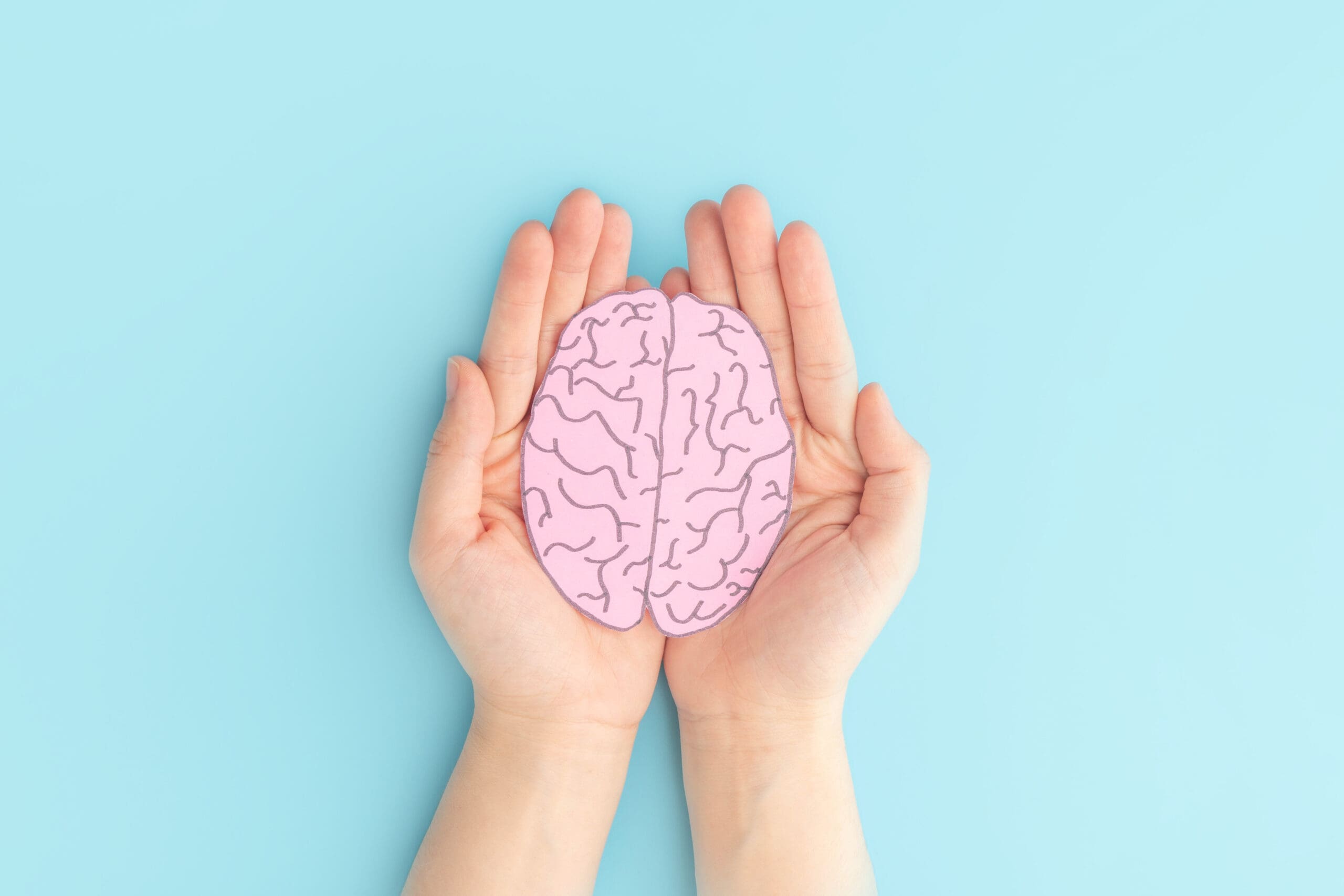Is what you eat for breakfast increasing your risk of breast cancer?
Research has shown that post-menopausal women who consume more dairy products have higher blood levels of oestrogen, which is linked with a greater risk of breast cancer.
Breast milk contains hormones; therefore cow’s milk contains hormones. When you eat dairy products like yoghurt, cheese, milk and ice-cream you are increasing the quantity of hormones in your body. Oestrogen stimulates the growth of breast and uterine tissue. If a tumour is present in your breast, oestrogen will act like a fertiliser and speed its growth. That’s why drugs that block oestrogen (such as tamoxifen and Arimidex) are commonly used in the treatment of breast cancer.
The cows’ milk sold today has quite a different composition to that sold generations ago. Today’s cows must produce more milk in order to remain economically viable. Currently in most dairy farms cows are milked around 300 days a year, and for much of that time the cows are pregnant. A pregnant cow has much more oestrogen in her milk than a non-pregnant cow. In fact, in the late stages of pregnancy, cows’ milk contains up to 33 times more oestrone sulphate than milk from a non-pregnant cow.
A Melbourne study published in the European Journal of Clinical Nutrition studied the dietary habits of 766 post-menopausal women. Women who ate more dairy products and red meat had higher circulating levels of oestrogen and lower levels of sex hormone binding globulin (SHBG). Women with the highest consumption of dairy products had 15 percent more oestrogen in their bloodstream. Low levels of SHBG mean that more oestrogen is “free”, where it can bind to oestrogen receptors in breast cells and activate them. Oestrogen that is bound to SHBG is inactive.
A large number of studies conducted in the past have consistently shown a correlation between higher blood levels of oestrogen and greater risk of post-menopausal breast cancer. The consumption of dairy products and red meat isn’t the only way women end up with high oestrogen.
Other factors that raise blood oestrogen levels:
- Being overweight. This is because fat cells manufacture oestrogen. The more body fat you have, the more oestrogen you manufacture.
- Alcohol has an oestrogenic effect.
- Consuming sugar and high carbohydrate foods like bread, pasta, breakfast cereals, cakes, chips and biscuits reduces the liver’s production of sex hormone binding globulin (SHBG). This means more “free” oestrogen is available in the circulation.
- Plastic has an oestrogenic effect. Avoid eating hot food out of plastic containers, or drinking hot drinks out of plastic. Heat causes plastic to leach into your food or drink.
Just in case you were wondering, you do not need to consume any dairy products to have strong bones. There are plenty of other good sources of calcium, such as canned salmon and sardines (if you eat the bones), broccoli, bok choy, nuts, seeds, tahini and figs.
For information on reducing your risk of breast cancer see our book The Breast Cancer Prevention Guide.








Leave A Comment